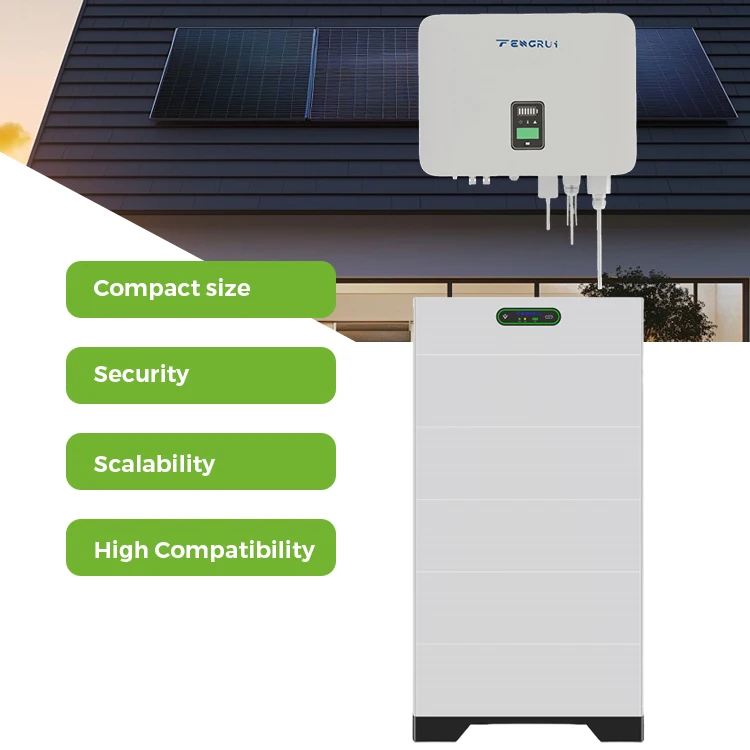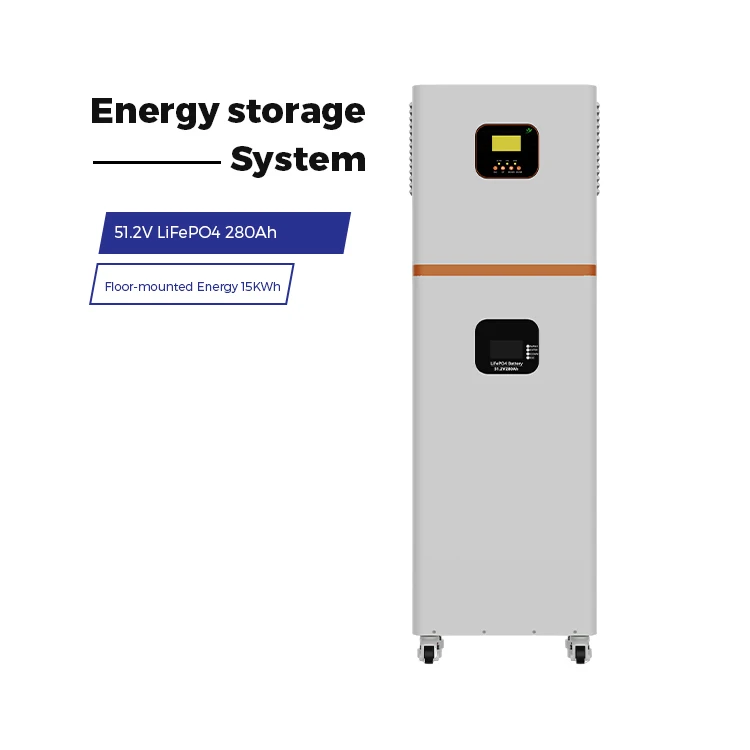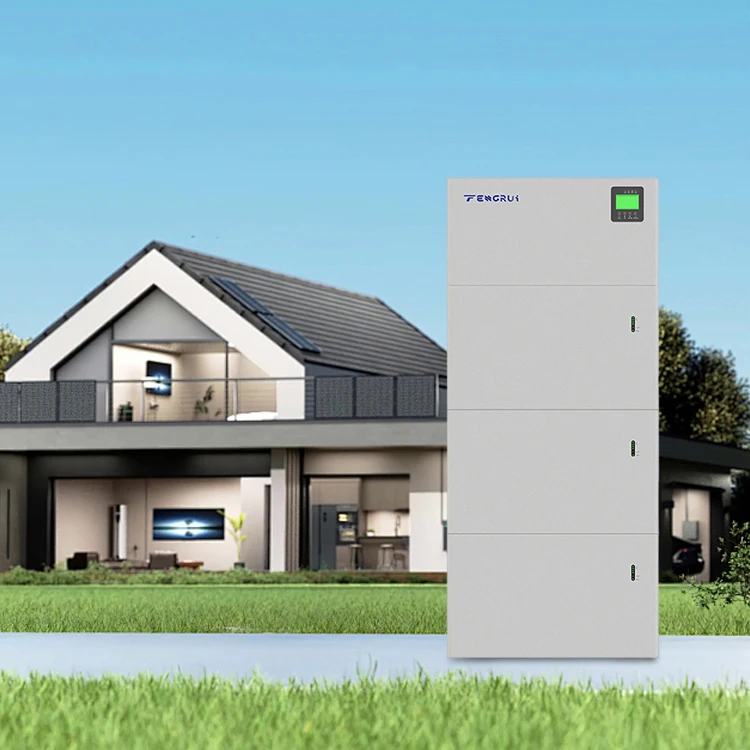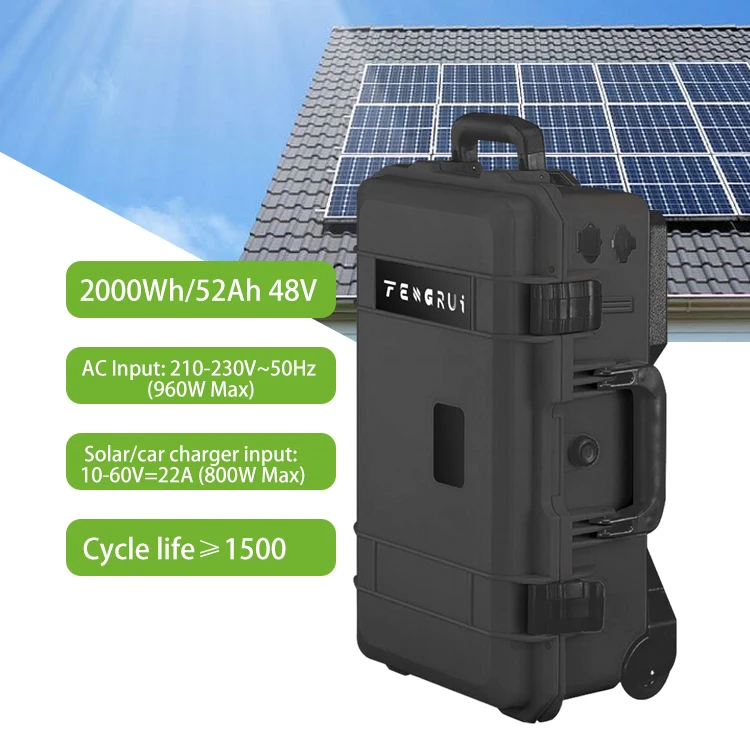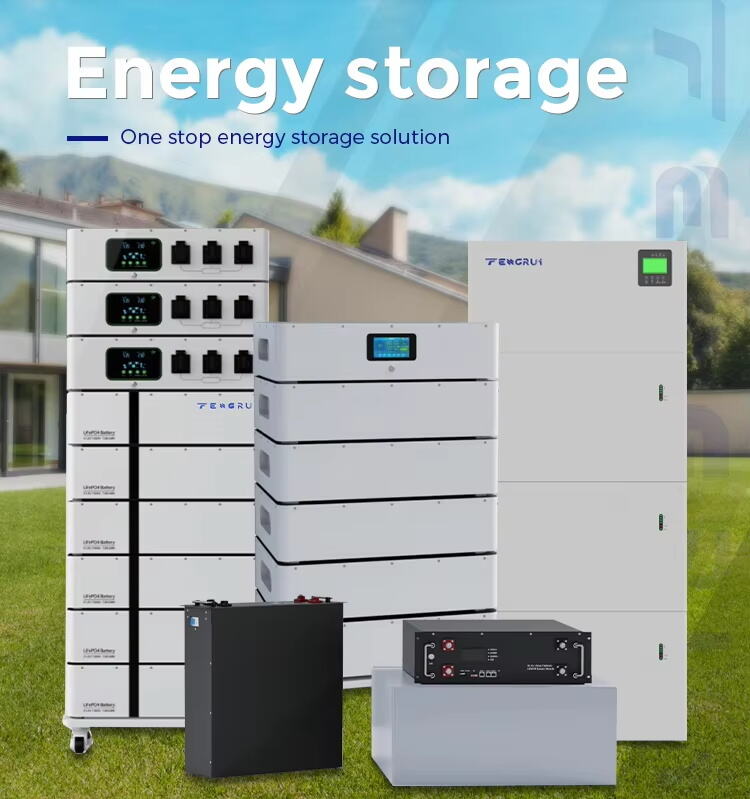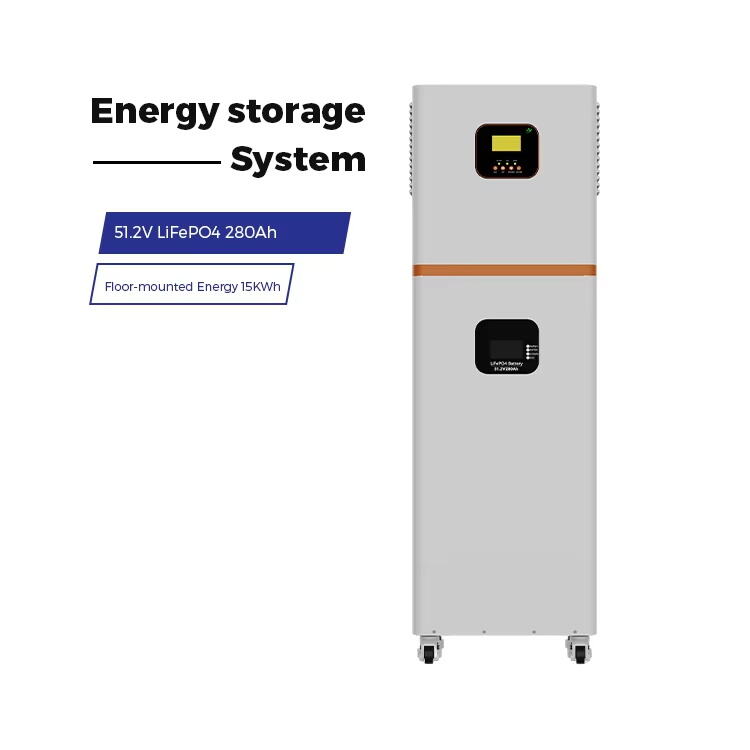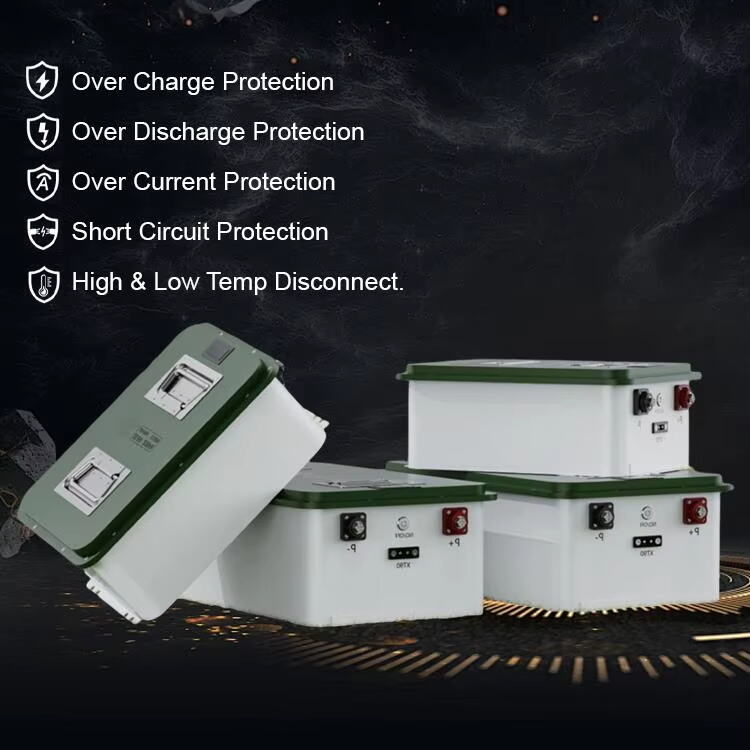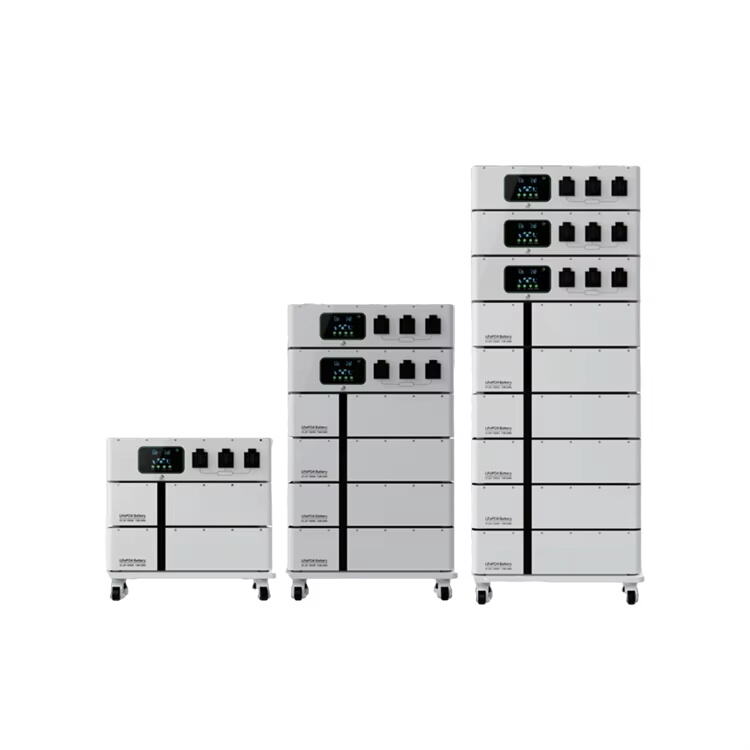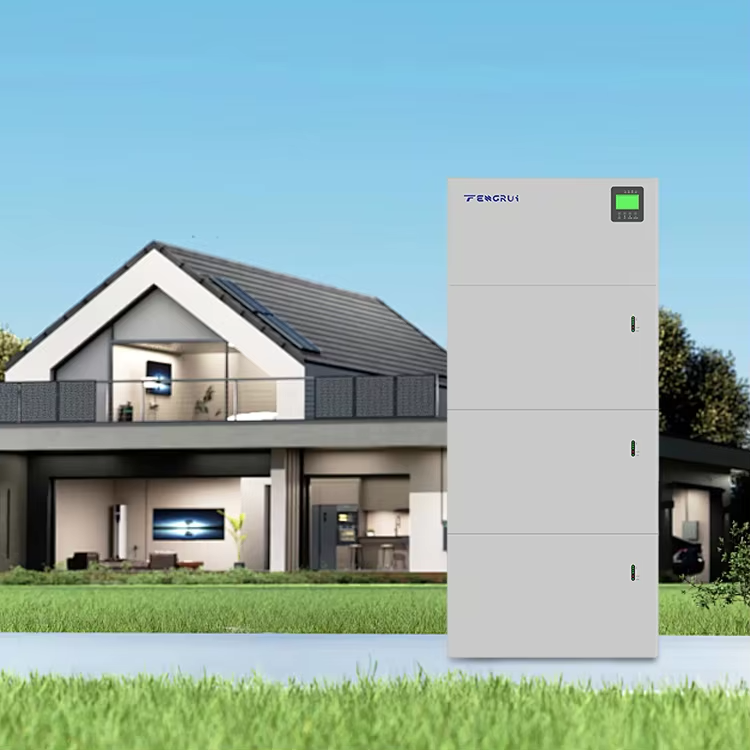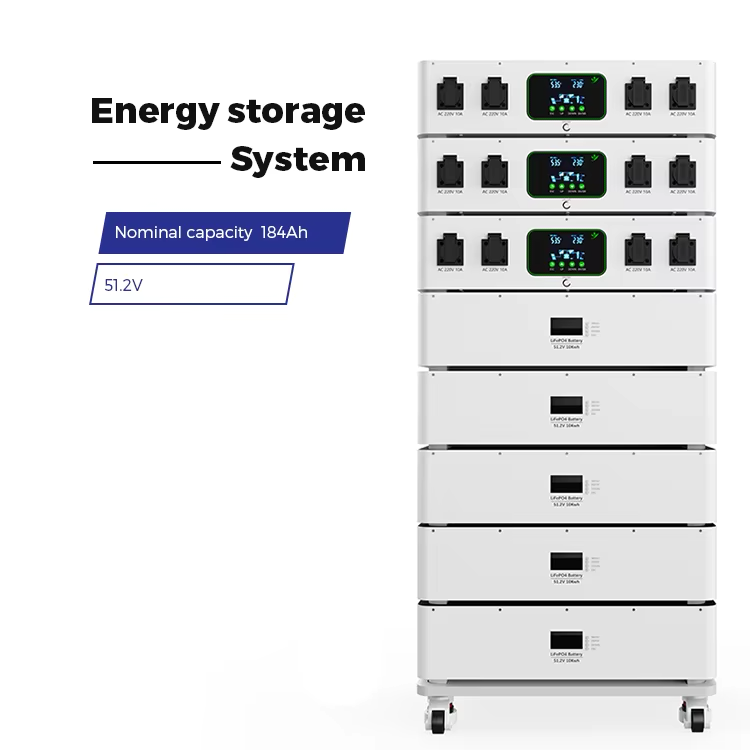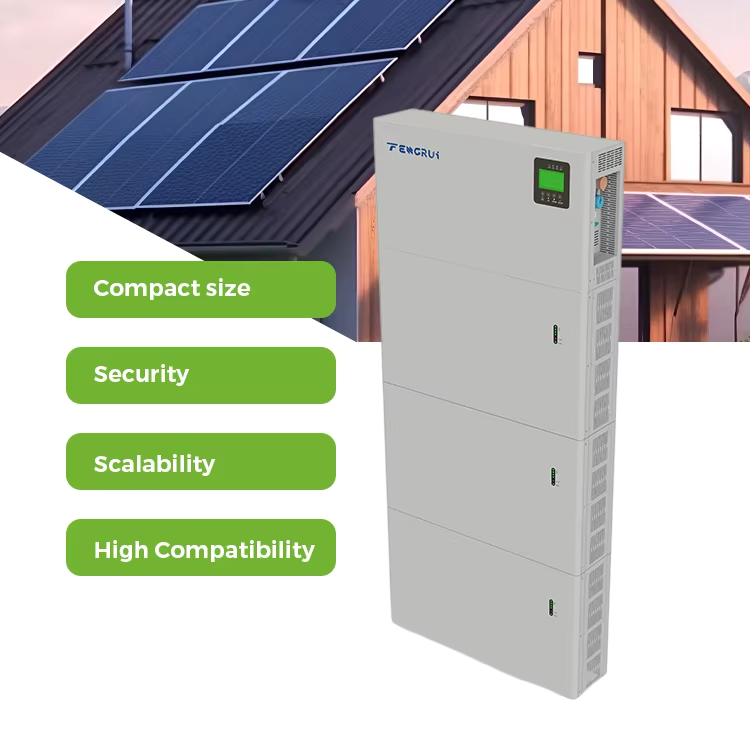residential battery storage system
A residential battery storage system represents a groundbreaking solution for home energy management, combining advanced technology with practical functionality. This system effectively captures and stores electrical energy, typically from solar panels or the grid during off-peak hours, for use when needed. The core components include high-capacity lithium-ion batteries, sophisticated power inverters, and smart management systems that optimize energy flow. These systems operate seamlessly, monitoring household energy consumption patterns and automatically switching between stored and grid power to maximize efficiency. The technology enables homeowners to maintain power during outages, reduce reliance on the grid, and potentially lower electricity bills through strategic energy use. Modern residential battery storage systems feature advanced safety protocols, including thermal management and emergency shutdown capabilities. They can be easily integrated with existing solar installations or operate independently, providing flexible installation options. The systems typically include user-friendly monitoring interfaces, allowing homeowners to track energy usage, storage levels, and system performance through mobile apps or web portals. With scalable capacity options, these systems can be customized to meet varying household energy needs, from basic backup power to complete energy independence.

